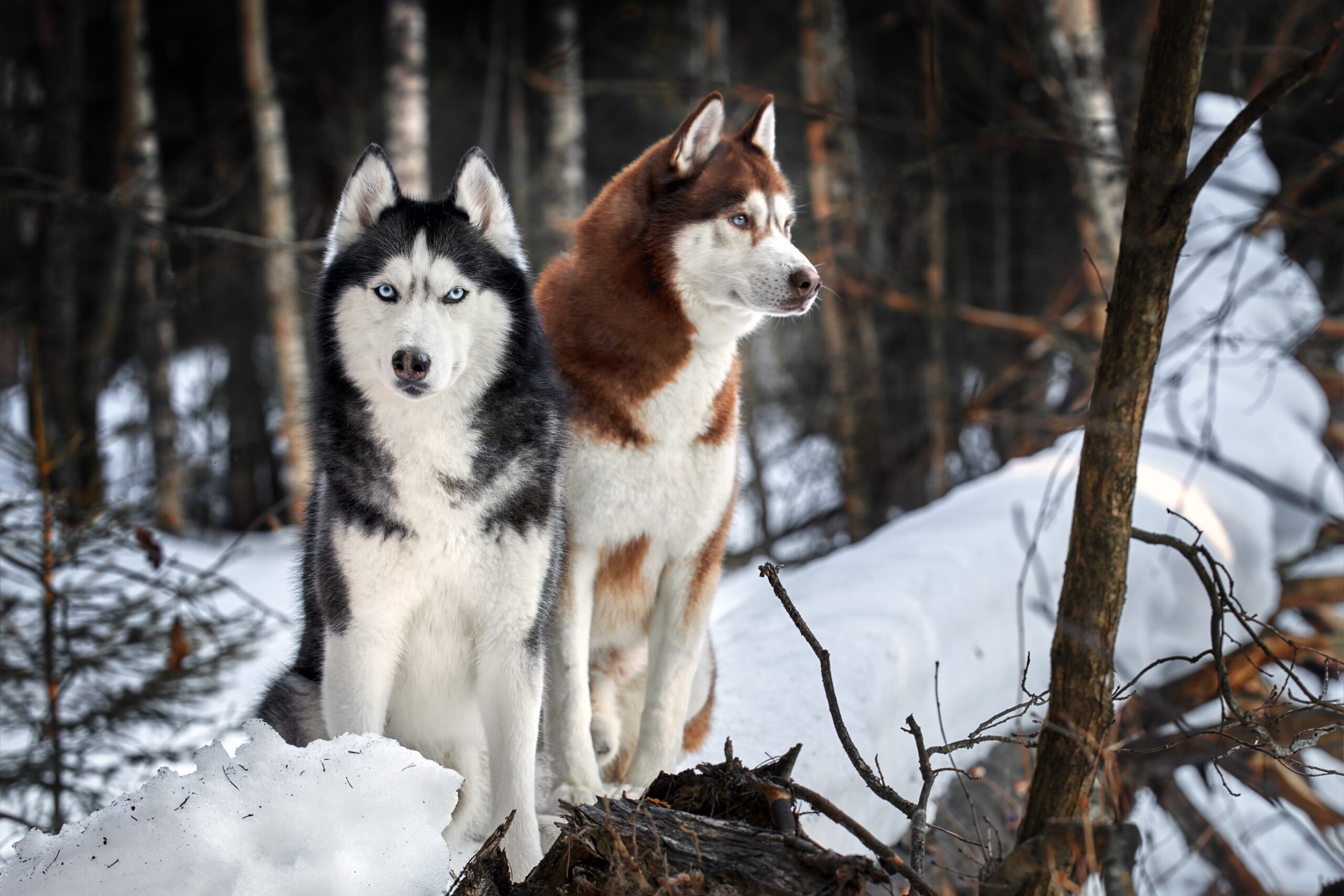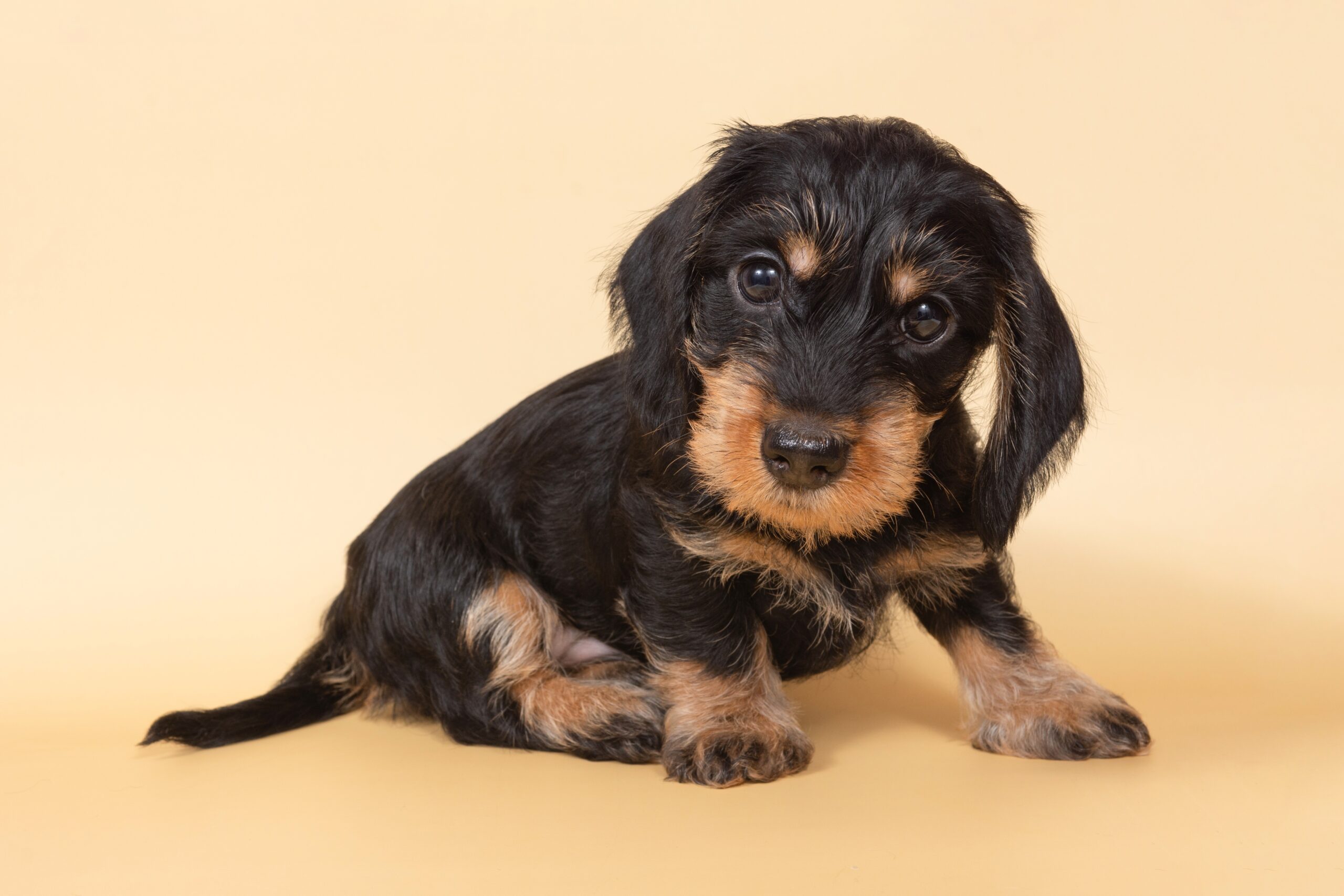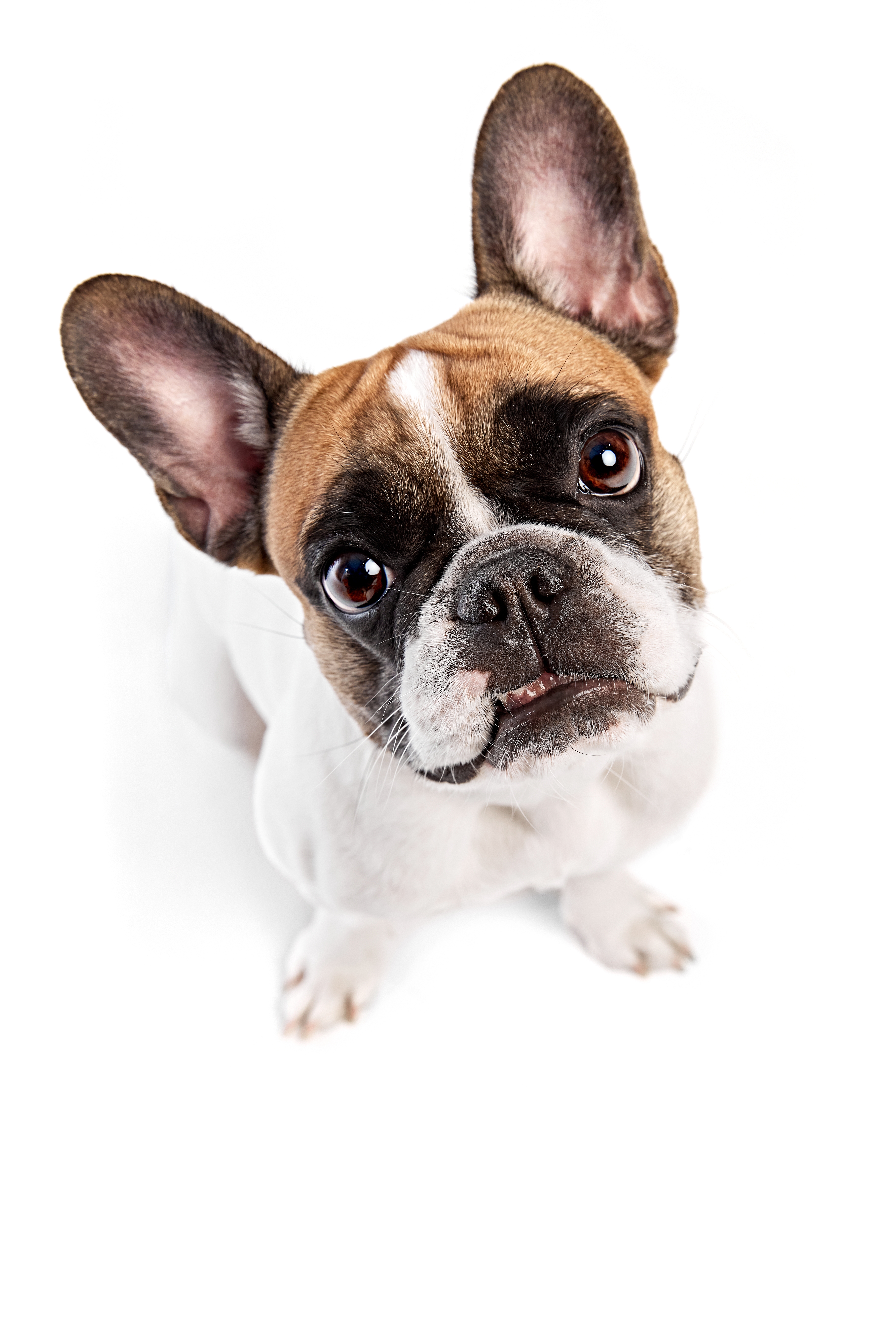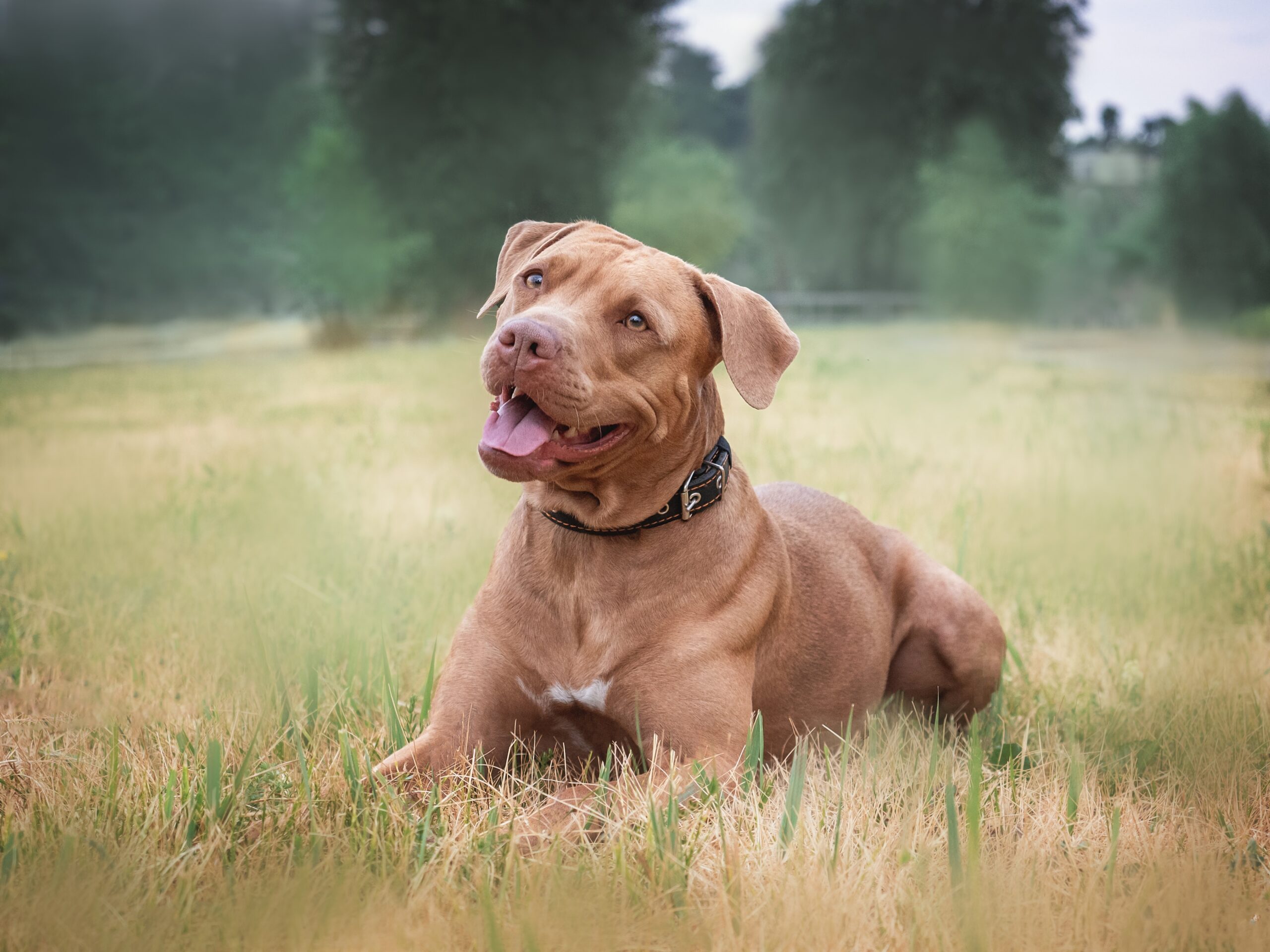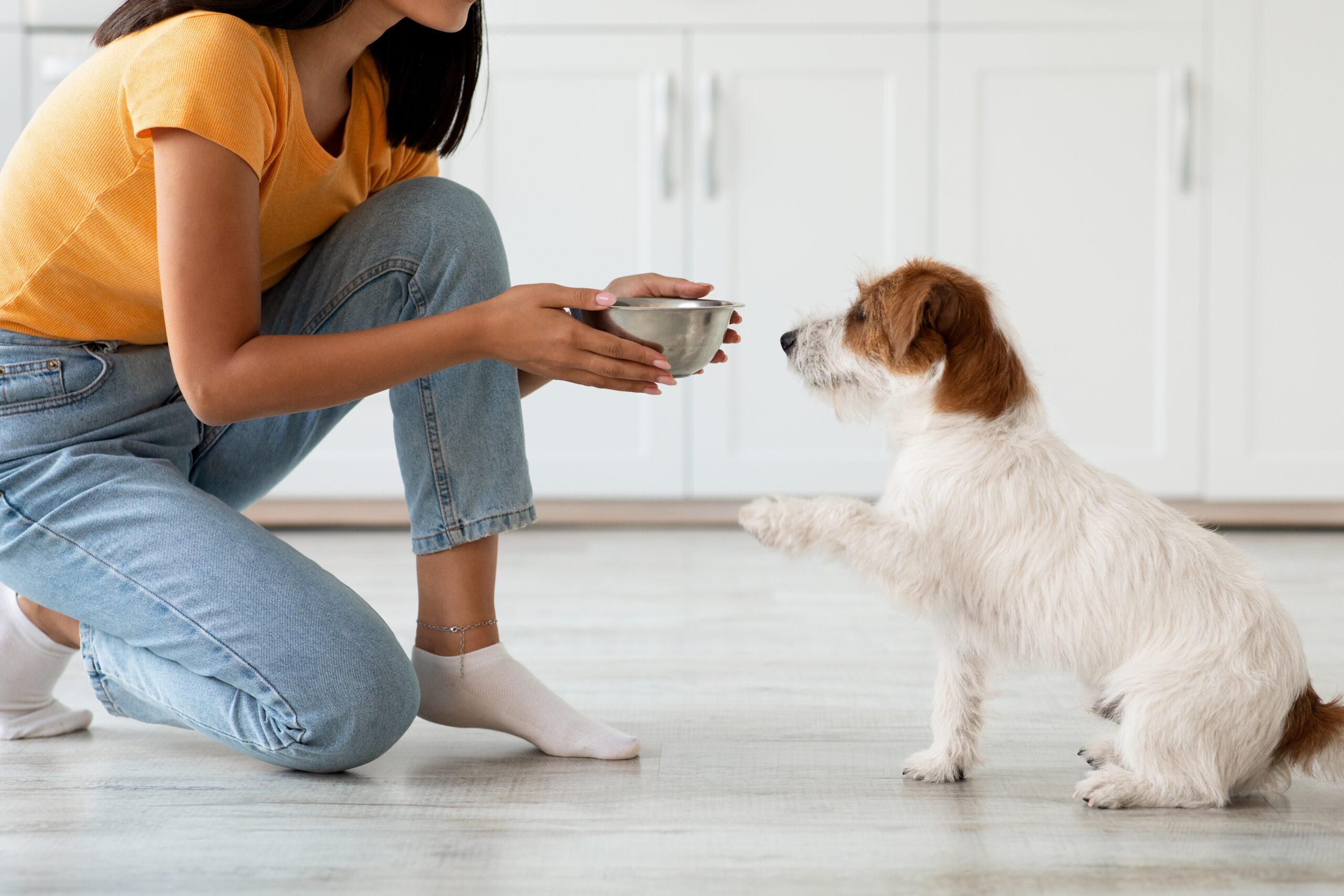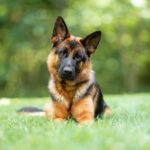Low-maintenance, friendly, and easy to train.
Choosing your first dog is a big decision. With hundreds of breeds to consider, it’s easy to feel overwhelmed. The perfect first dog should be friendly, trainable, low-maintenance, and adaptable to a variety of lifestyles. This article explores the best dog breeds for first-time owners, offering insights into each breed’s temperament, exercise needs, grooming, and suitability for beginners. Whether you live in a city flat or a countryside cottage, there’s a breed out there that’s just right for your lifestyle and experience level.
Outline
- Introduction
- What Makes a Good First Dog?
- Labrador Retriever
- Cavalier King Charles Spaniel
- Poodle (Miniature or Standard)
- Golden Retriever
- Bichon Frise
- Havanese
- Shih Tzu
- Border Terrier
- Mixed-Breed Dogs (Why They Deserve a Look)
- Final Considerations
- Conclusion
Introduction
Bringing a dog into your life for the first time is exciting—but it’s not without its challenges. While all dogs need training, exercise, and care, some breeds are simply easier to manage than others, especially if you’re new to dog ownership.
This article highlights breeds that are:
- Relatively easy to train
- Affectionate and sociable
- Not prone to excessive behavioural issues
- Suitable for a range of lifestyles, from active to laid-back
What Makes a Good First Dog?
When considering your first dog, it’s important to find a breed that’s compatible with your lifestyle and experience level.
Key Traits to Look For:
- Even temperament
- Low to moderate grooming needs
- Trainability and intelligence
- Adaptability to different living situations
- Tendency to bond well with people
Pro Tip: While puppies are cute, some first-time owners may find adopting an adult dog from a rescue centre easier, as many are already trained.
Labrador Retriever
The Labrador Retriever is often the top pick for new dog owners—and for good reason.
| Trait | Description |
|---|---|
| Size | Medium to large (25–36 kg) |
| Temperament | Friendly, outgoing, even-tempered |
| Exercise Needs | High – 1–2 hours daily |
| Grooming | Low – regular brushing |
| Good with Children | Yes, excellent family dogs |
Labradors are gentle, intelligent, and eager to please, making training relatively straightforward. They do need a fair amount of exercise and mental stimulation.
Best for: Active individuals, families, or anyone with time for long walks and play.
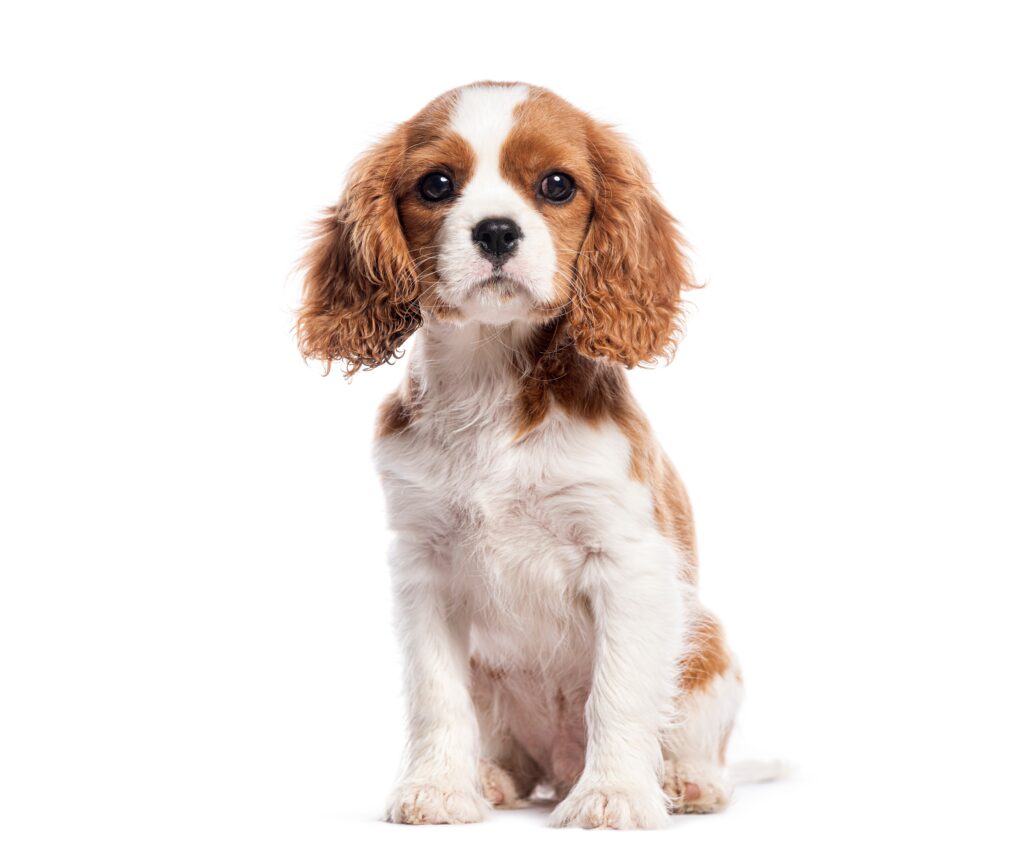
Cavalier King Charles Spaniel
If you’re looking for a small, loving companion who’s happiest curled up on your lap, the Cavalier King Charles Spaniel is an ideal choice.
| Trait | Description |
|---|---|
| Size | Small (5.9–8.2 kg) |
| Temperament | Gentle, sociable, affectionate |
| Exercise Needs | Moderate – daily walks and play |
| Grooming | Moderate – regular brushing |
| Good with Children | Yes, very friendly |
These dogs are adaptable and do well in both flats and houses, as long as they get daily companionship and exercise.
Best for: Those wanting a sweet, gentle dog who thrives on human affection.
Poodle (Miniature or Standard)
Poodles are highly intelligent, hypoallergenic, and surprisingly versatile.
| Trait | Description |
|---|---|
| Size | Miniature (5–9 kg), Standard (20–32 kg) |
| Temperament | Smart, eager, active |
| Exercise Needs | Moderate to high |
| Grooming | High – needs regular professional grooming |
| Good with Children | Yes, especially Standards |
While their grooming needs are significant, their trainability and allergy-friendly coat make them a great pick for dedicated new owners.
Best for: People with allergies or those looking for a smart, active dog they can train and bond with deeply.
Golden Retriever
Golden Retrievers are gentle giants—intelligent, trustworthy, and always smiling.
| Trait | Description |
|---|---|
| Size | Large (25–34 kg) |
| Temperament | Loyal, calm, tolerant |
| Exercise Needs | High – needs daily activity |
| Grooming | Moderate – weekly brushing |
| Good with Children | Excellent family pet |
They’re social, good-natured, and eager to please—traits that make them one of the easiest dogs to train.
Best for: Families and individuals with time and space for an energetic, loving dog.
Bichon Frise
This small, fluffy charmer is cheerful, clever, and great for allergy sufferers.
| Trait | Description |
|---|---|
| Size | Small (5–10 kg) |
| Temperament | Playful, gentle, friendly |
| Exercise Needs | Moderate – daily walks and indoor play |
| Grooming | High – regular grooming appointments |
| Good with Children | Yes, especially when socialised early |
Bichons do well in city flats and with first-time owners who are ready for some grooming commitment.
Best for: People who want a happy, hypoallergenic house companion.
Havanese
The Havanese is Cuba’s national dog and one of the most affectionate lapdogs around.
| Trait | Description |
|---|---|
| Size | Small (4.5–7 kg) |
| Temperament | Loving, responsive, adaptable |
| Exercise Needs | Low to moderate |
| Grooming | Moderate to high |
| Good with Children | Yes |
Havanese thrive in close contact with people and are quick learners, making them ideal for beginners who want a calm yet playful friend.
Best for: Owners looking for a cuddly and companionable house dog.
Shih Tzu
Originally bred for royalty, Shih Tzus are small dogs with big personalities.
| Trait | Description |
|---|---|
| Size | Small (4–7 kg) |
| Temperament | Sweet, calm, independent |
| Exercise Needs | Low – short walks and indoor play |
| Grooming | High – frequent brushing and trims |
| Good with Children | Yes, if handled gently |
They’re perfect for those in smaller homes, although their grooming requirements can be demanding.
Best for: Low-energy households looking for a laid-back yet charming dog.
Border Terrier
If you’re after a small, hardy dog with a dash of independence, the Border Terrier is a great choice.
| Trait | Description |
|---|---|
| Size | Small to medium (5–7 kg) |
| Temperament | Tough, friendly, intelligent |
| Exercise Needs | Moderate – regular walks and play |
| Grooming | Low – hand-stripping a few times a year |
| Good with Children | Yes, especially active families |
They’re a bit more independent than some breeds but still affectionate and easygoing.
Best for: First-time dog owners wanting a small, energetic dog with a rugged spirit.
Mixed-Breed Dogs (Why They Deserve a Look)
Don’t overlook mixed-breed dogs—they can make fantastic pets for beginners.
Advantages of Mixed Breeds:
- Often have fewer inherited health issues
- Available in rescue centres and shelters
- Tend to have balanced temperaments
- Come in a range of sizes, coats, and activity levels
Rescue organisations often assess temperament and provide support, making it easier for first-time owners to find a great match.
Bonus Tip: Talk to local shelters—they can recommend dogs suited to your lifestyle.
Final Considerations
Questions to Ask Yourself:
- Do you have time for daily walks, play, and training?
- Can you afford grooming, vet care, and food?
- How much space do you have?
- Do you want a lapdog or an energetic exercise partner?
Tips for First-Time Owners:
- Research and visit breeders or rescue centres in person
- Choose a breed with a temperament suited to your lifestyle
- Enrol in puppy training classes
- Set up a routine and stay consistent
Important: Every dog is an individual. While breed traits help guide decisions, personality varies—even within the same litter.
Conclusion
The best dog for a first-time owner is one that matches your lifestyle, energy level, and expectations. Whether you opt for the dependable Labrador, the adorable Cavalier, or a loveable rescue mutt, your first dog is a special companion who will teach you patience, routine, and the joy of unconditional love.
In summary: Start with a breed known for its easygoing nature, trainability, and companionship. With the right match, your first dog won’t just be a pet—it’ll be a lifelong best friend.


